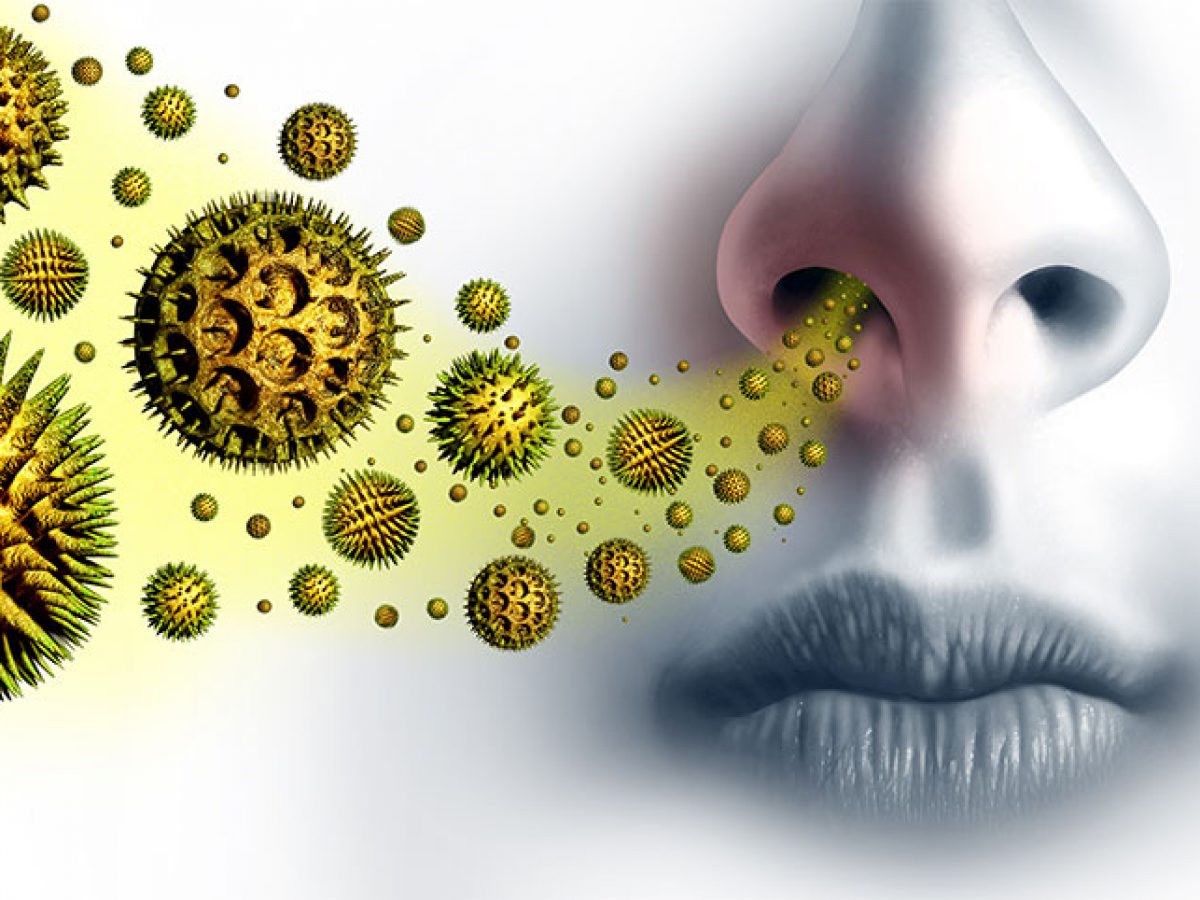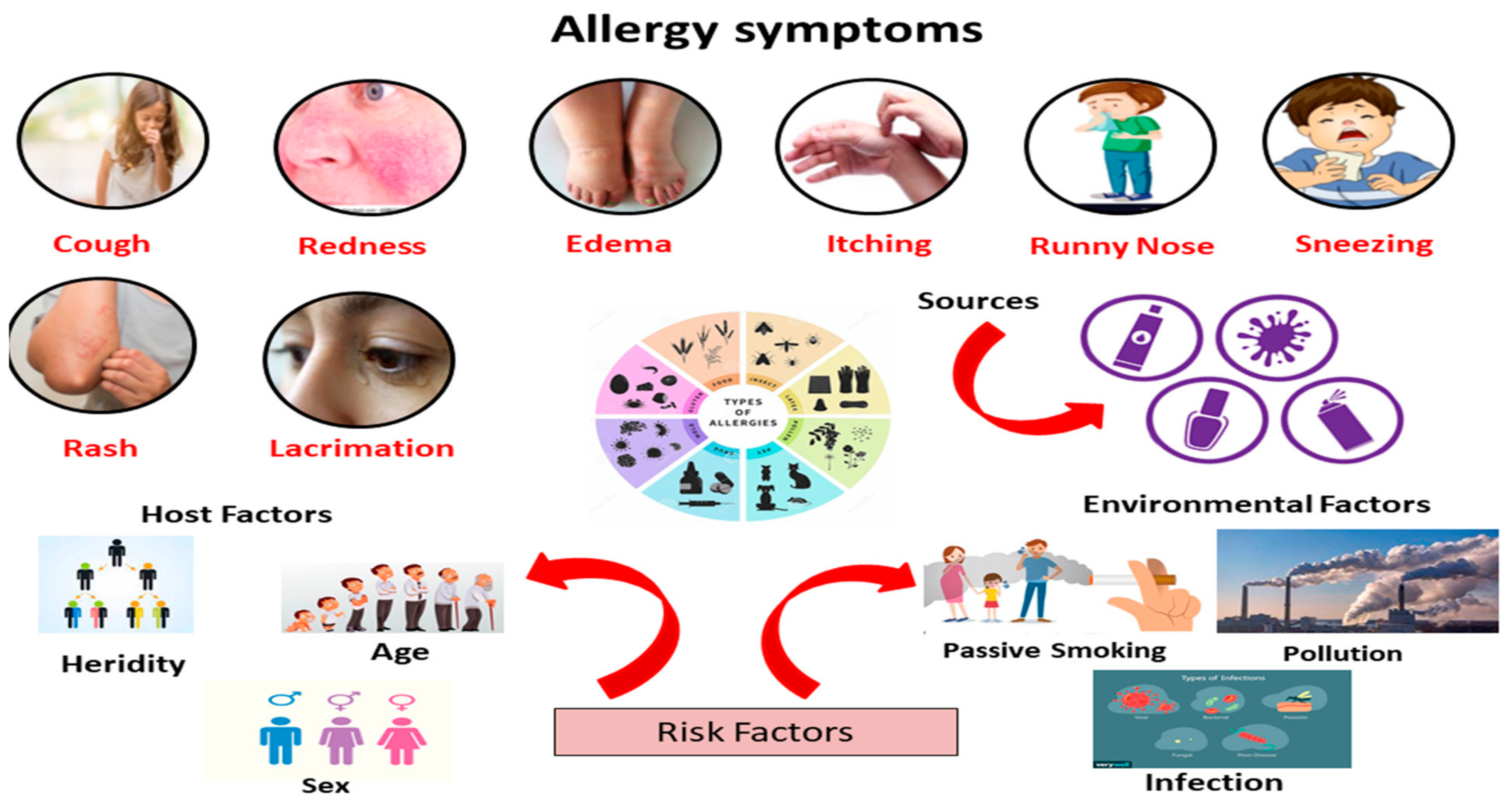Why allergies can destroy people's lives
A common ailment, allergies can result in a variety of symptoms, from minor to serious. Some people's allergies are so severe that they can result in fatal reactions. The quality of life of individuals can also be affected by allergies, which can make it challenging to work, attend school, and take part in social activities.
The body overreacts to an allergen, which is a harmless chemical, leading to allergies. Pollen, dust mites, pet dander, food, and insect bites are a few examples of allergens. Immune cells termed immunoglobulin E (IgE) are produced when an allergic individual comes into touch with an allergen. These antibodies bind to mast cells, which are present in all body tissues.
Histamine and other substances are released when a mast cell comes into contact with an allergen. The symptoms of an allergic reaction are brought on by these substances. The type of allergy, the quantity of exposure to the allergen, and the person's sensitivity all affect how severe an allergic reaction is.
How may allergies make people's life miserable?
Many ways exist for allergies to ruin people's lives. Some people's allergies are so severe that they can result in fatal reactions. For instance, individuals with food allergies may experience anaphylaxis, a severe allergic reaction that can result in breathing problems, throat swelling, and low blood pressure. If anaphylaxis is not treated right away, it can be fatal.
Even people with less severe allergies can experience a significant impact on their quality of life. Allergies can cause a variety of symptoms, such as:
- Runny nose
- Stuffy nose
- Sneezing
- Itchy eyes
- Watery eyes
- Wheezing
- Coughing
- Hives
- Eczema
- Skin rash
- Anaphylaxis
Due to these symptoms, going to work, school, and engaging in social activities may be difficult.. For instance, a person with a pollen allergy might need to stay inside on days when there is a high pollen count. It may be necessary for a person with a food allergy to avoid specific foods, which might make it challenging to dine out or travel.
Other medical issues can result from allergies. For instance, asthmatics are more likely to experience allergic reactions. Furthermore, allergies may increase the risk of developing more conditions like eczema, sinusitis, and ear infections.
What can be done about allergies?
There is no cure for allergies, but there are treatments that can help to control symptoms and prevent allergic reactions. Treatment options include:
- The easiest strategy to prevent an allergic reaction is to stay away from the allergen that causes it. But, this can be challenging, particularly for common allergies like dust mites and pollen.
- Medication: Some drugs are available to assist manage allergy symptoms. These drugs include nasal sprays, decongestants, and antihistamines. People with severe allergies can need to take prescription drugs such corticosteroids or cromolin sodium.
- Immunotherapy, sometimes referred to as allergy shots, is a medical procedure that might lessen sensitivity to allergens. In immunotherapy, the allergen is injected over time in modest doses. This lessens the likelihood of allergic reactions by assisting the body in building a tolerance to the allergen.
Here are some further strategies for controlling allergies:
- Maintain a dust-free and clean house: Since dust mites are a common allergen, it's crucial to maintain a dust-free and clean home. Regular vacuuming and wiping down surfaces with a moist cloth will help you achieve this.
- Frequent washing of your mattress and clothing is necessary since dust mites can live there as well. To kill dust mites, use hot water (at least 130 degrees Fahrenheit).
- Use an air conditioner or air purifier: These devices can assist to reduce the amount of allergens in your home's air.
- When pollen counts are high, stay indoors: If you have a pollen allergy, it is advisable to stay indoors during high pollen counts. Online or with a weather app, you may find out how many pollens are present in your neighborhood.
- Always carry an epinephrine auto-injector with you: You should always have an epinephrine auto-injector (such as an EpiPen) with you if you have a severe allergy, such as a food allergy. It is possible to treat an anaphylactic reaction with this life-saving drug.


:max_bytes(150000):strip_icc()/how-do-you-know-if-you-have-allergies-5202927-FINAL-c74839b604b942b1ba9a658f0fc245d2.jpg)


Comments
Post a Comment